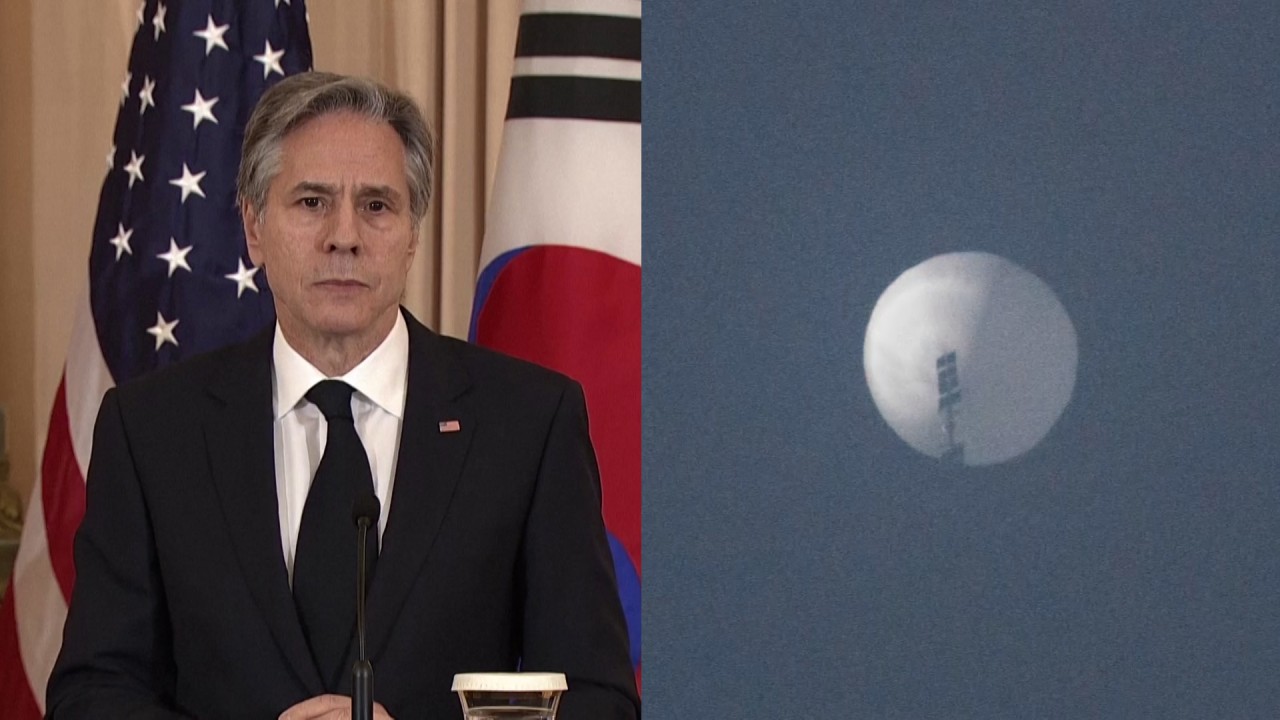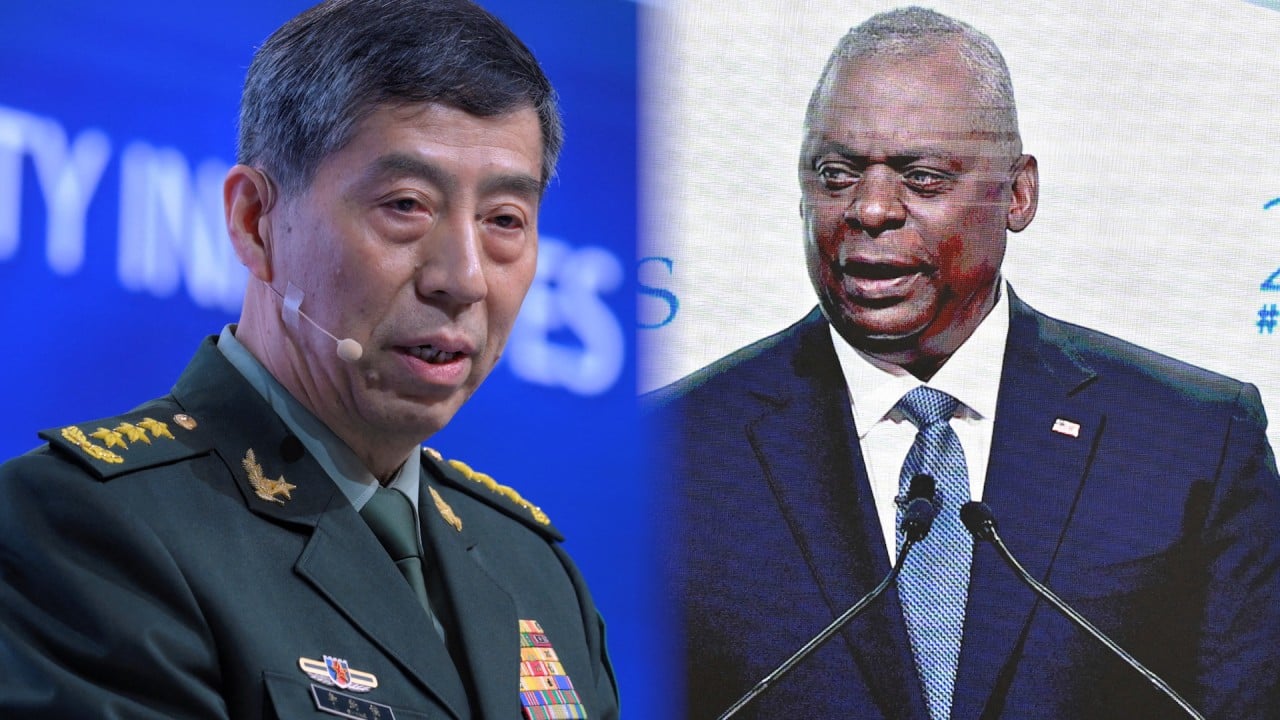
Antony Blinken’s trip to China shows desire to re-engage, ‘avoid worst-case scenario’
- US Secretary of State Antony Blinken arrives in China for a two-day trip on Sunday, four months after putting off a visit over a ‘spy balloon’ spat
- Phone call over Beijing’s ‘bottom line’ likely to set tone for visit, with a cautious US aware of the impact of ‘tense trend’, observers say
According to the US State Department, Blinken would discuss the importance of maintaining open lines of communication to “responsibly manage” the relationship, while raising bilateral issues of concern.
“Intense competition requires intense and tough diplomacy to ensure that competition does not veer into confrontation or conflict, and that’s what we intend for this visit,” spokesman Matthew Miller said.
‘Delicate timing’: why Blinken’s Saudi Arabia visit was a ‘message for China’
Alfred Wu, an associate professor at the National University of Singapore’s Lee Kuan Yew School of Public Policy, said the call between Blinken and his Chinese counterpart Qin Gang earlier on Wednesday would set the tone for the US official’s visit.
Reiterating Beijing’s “stern position” on its core concerns, Qin told Blinken that the US should “show respect” and stop undermining China’s sovereignty, security and development interests, according to a Chinese foreign ministry readout.
Relations between the two countries sank to a new low in August when then US House speaker Nancy Pelosi visited self-ruled Taiwan despite repeated warnings from Beijing against such a trip.
Ties were tested further in February, when the US shot down an alleged Chinese spy balloon that crossed into its territory, prompting Blinken to postpone his China trip.
Lu Xiang, an expert on US-China relations at the Chinese Academy of Social Sciences, said Wednesday’s exchange was important, noting that the tone from both sides appeared to be “relatively restrained”.
In particular, he said the US readout did not mention any specific concerns – such as Taiwan – only saying broadly that bilateral and global issues were discussed.
“My personal feeling is that the US has now fully realised that US-China relations are not only at the lowest point but also in a highly sensitive phase – so the US is more cautious during this period,” he said.
There was also a recognition that if the “tense trend” continued, US President Joe Biden could become the first American leader to not visit China since the normalisation of ties more than four decades ago, according to Lu.
The trip this weekend will also make Blinken the first Cabinet-level official from the Biden administration to visit China.
“If Biden is clear-headed enough, there would be some encouragement to calibrate US-China ties. US-China relations is not just a bilateral issue but a global issue,” Lu added.
As US-China ties hit new lows, are diplomatic backchannels still effective?
For Pang Zhongying, a professor of international affairs at Sichuan University, the exchange between Blinken and Qin was a piece of good news for US-China ties, though uncertainties and challenges remained.
“There are strong desires from both sides to re-engage,” he said.
Washington, however, has already sought to downplay the chances of a breakthrough.
“We’re not going to Beijing with the intent of having some sort of breakthrough or transformation in the way that we deal with one another,” Daniel Kritenbrink, assistant secretary of state for East Asian and Pacific Affairs, said.
“We’re coming to Beijing with a realistic, confident approach and a sincere desire to manage our competition in the most responsible way possible.”
Kritenbrink also expected Blinken to “reiterate America’s abiding interest in the maintenance of peace and stability across the Taiwan Strait”, among other issues.
Lu suggested that Blinken’s visit would allow Washington to better understand Beijing’s position and “clear strategy” on the Taiwan issue, while Wu in Singapore said the primary aim would be to minimise risks of conflict and miscalculation.
“It’s to avoid the worst-case scenario,” Wu said.
Zhou Bo, a senior fellow at the Centre for International Security and Strategy at Tsinghua University, said frequent engagements between two major global powers would typically seem normal, but had taken on added significance given the recent lows in US-China relations.
He cautioned that while bilateral communication such as Blinken’s planned meetings with top Chinese officials would be beneficial, the thawing effect on ties was not likely to be significant, Zhou cautioned.
“Given the current climate, where the US deliberately challenges China, there will be limitations to the goodwill both countries can show and there will be little room for compromise.”




